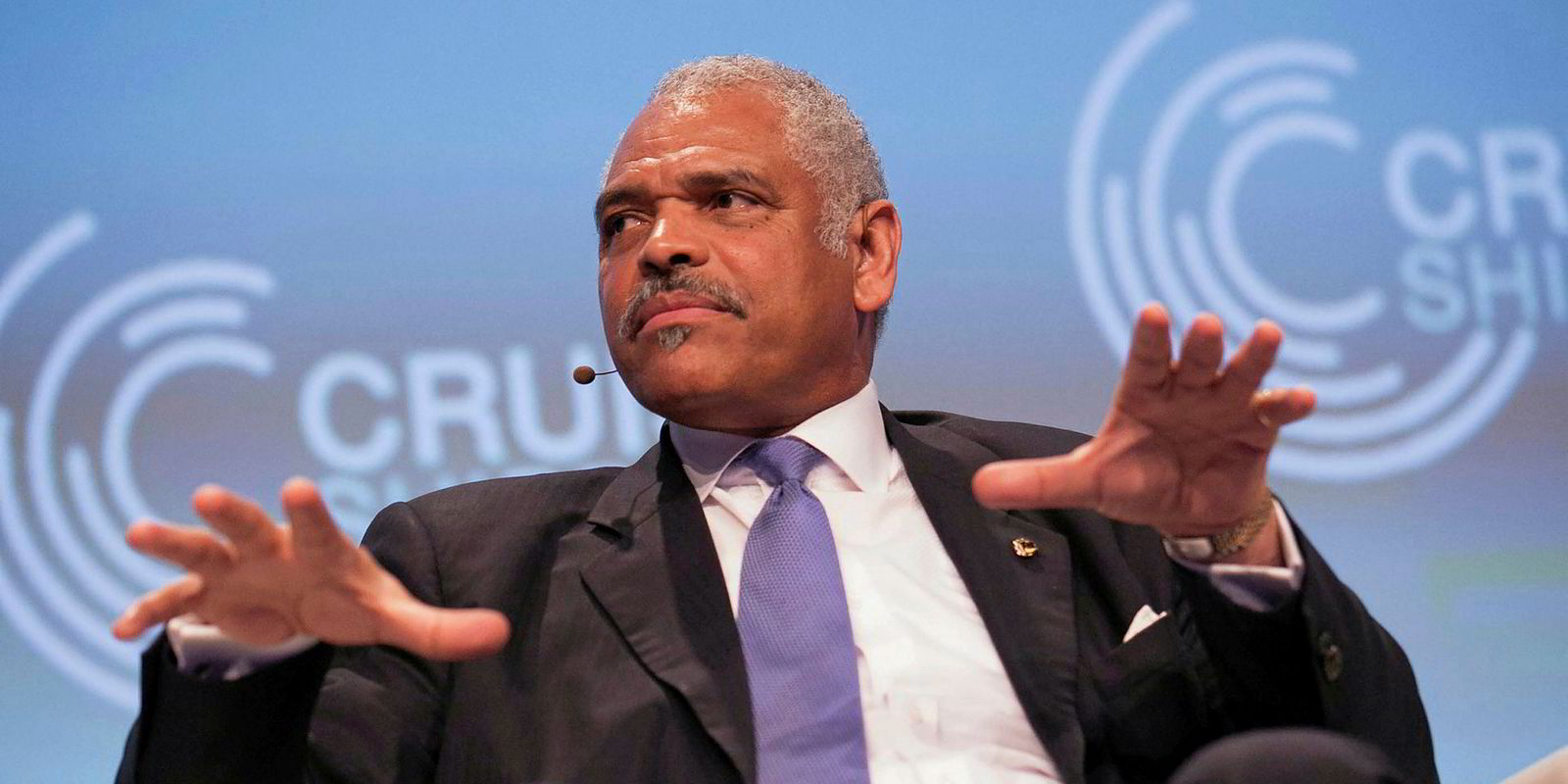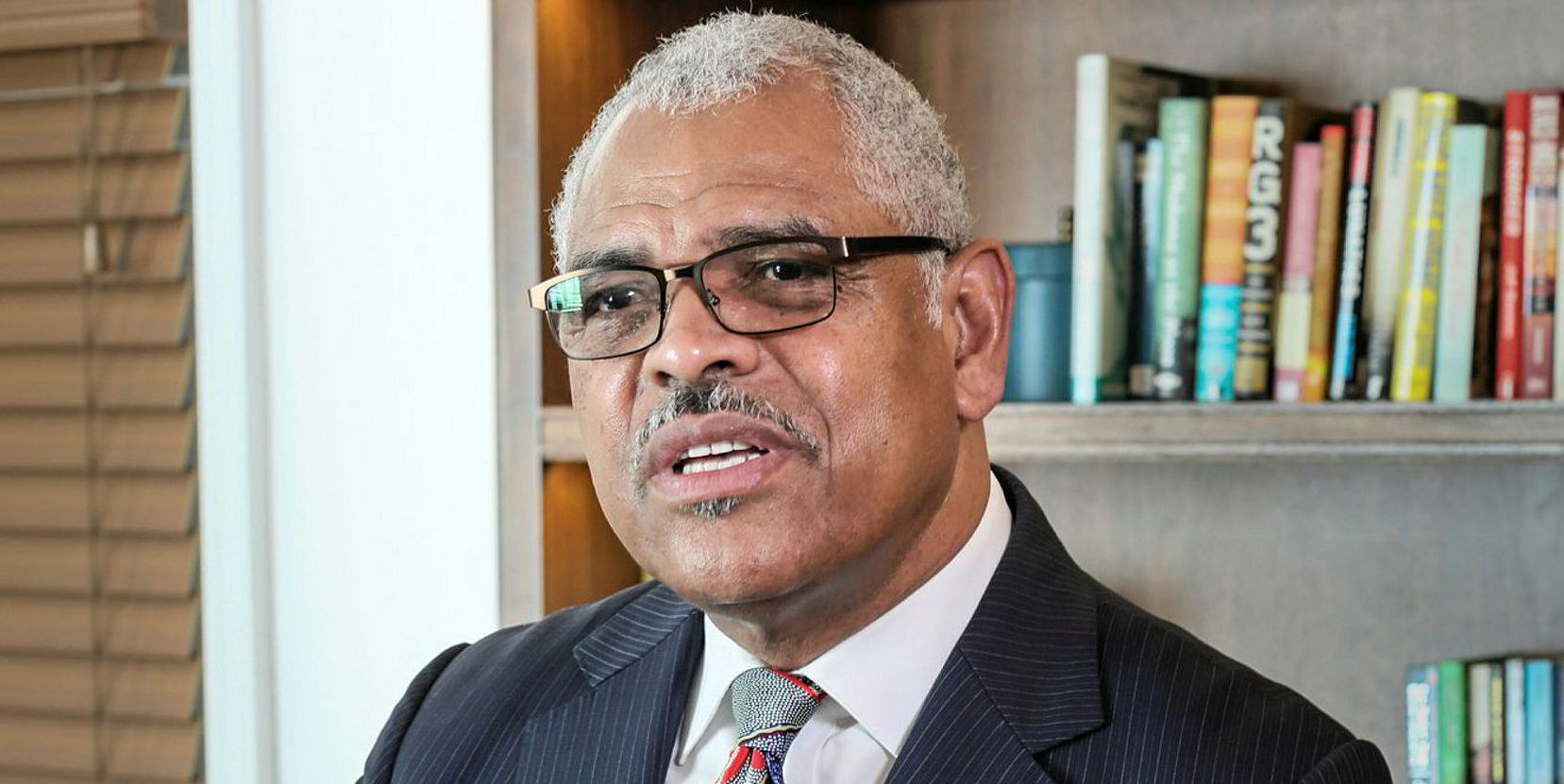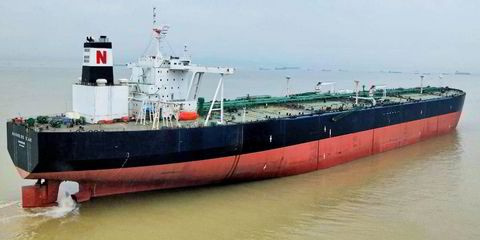A federal judge may temporarily block Carnival Corp from docking at US ports as punishment for a possible probation violation related to environmental wrongdoing.
US District Judge Patricia Seitz says she will decide on whether or not to implement the temporary ban at a June hearing that she wants chairman Mickey Arison and chief executive Arnold Donald to attend, The Miami Herald has reported.
The cruise major has served two years of the five-year probation as part of a $40m settlement for illegally dumping oil into the ocean from its Princess Cruises ships for eight years and lying about it to US authorities.
While on probation, Carnival and its subsidiary cruise lines tried to avoid unfavorable findings by preparing ships in advance of court-ordered audits and falsifying records.
The New York-listed company also dumped plastic garbage into the ocean and illegally discharged gray water into Glacier Bay National Park in Alaska.
The company also has tried to lobby the US Coast Guard through a back channel to change the terms of the settlement, prosecutors allege.
The company has acknowledged these incidents, according to court filings.
Neither executive was present at the 10 April court conference, but Carnival plans to address the raised issues.
"We heard the concerns expressed by Judge Seitz and will do our utmost to ensure we meet all expectations under the [environmental compliance plan] and continue to strive to be best in class on environmental compliance," spokesman Roger Frizzell told TradeWinds.
"We look forward to clarifying any issues and demonstrating our commitment."
Preparing for scheduled audits
At a December 2017 hearing before the court, US authorities said they learned that Carnival sent pre-audit "SWAT teams" to ships to scrub them just before scheduled audits.
"The defendant downplayed the conduct (noting that it was only 1 or 2 people) and promised the court that it would stop immediately," court documents state.
"The company has since admitted that a purpose of the initial pre-TPA audit program was 'essentially preparing for audits.'”
Dumping gray water and plastic
Carnival records show that 26,000 gallons of gray water from washing machines, sinks and other appliances has been dumped into Glacier Bay National Park from 1,916-berth Westerdam (built 2004).
The company committed a federal offense by failing to immediately notify the US Coast Guard of the discharge, court documents state.
In June 29, 2017, Holland America Group told the Alaska Department of Conservation that 2,104-berth Nieuw Amsterdam (built 2010) had discharged gray water for several years due to faulty piping.
The company did not report this to the US Coast Guard, saying that gray water was not regulated by IMO rules, according to court documents.
In December 2018, plastic mixed with food waste was deliberately thrown into the ocean from 2,052-berth Carnival Elation (built 1998) within 200 miles of US shores without being recorded.
This is a possible felony violation of the Act to Prevent Pollution from Ships, court documents state.
'Acting with impunity'
Carnival could be the environmental leader it claims to be but instead chooses to outright disobey environmental law, Kendra Ulrich, senior shipping campaigner for US-based environmental group Stand.earth, told TradeWinds.
"Carnival has acted with impunity with its environmental lawbreaking for years, but its own disturbing track record is finally catching up," she said.
"These shocking and pervasive probation violations clearly show that Carnival executives assume they are above the law. Not anymore."
She said the looming legal decision to potentially bar Carnival ships temporarily from docking in US ports could be devastating to Carnival's bottom line.
"This should serve as a wake up call to this cruise giant: its days of flagrant disregard for the environment are ending. It must take immediate and urgent action to not only comply with the letter of the law, but to exceed it," she said.
"Carnival could be a powerful environmental leader, if they so choose, rather than repeat offenders in criminal cases. We are calling on them to step into that environmental leadership role."






